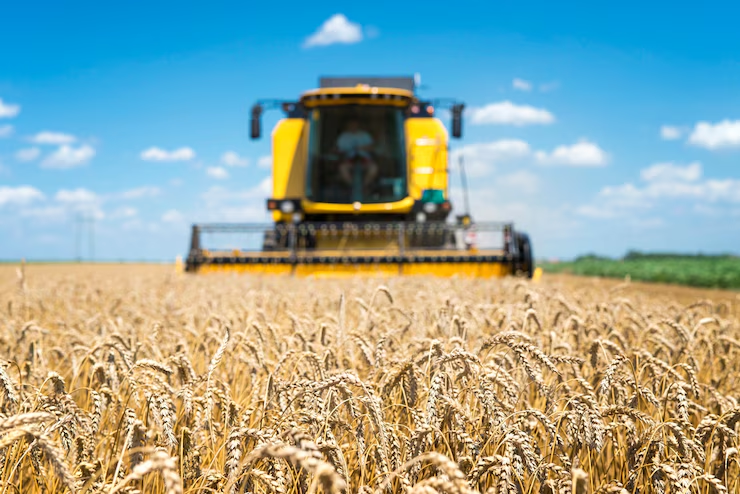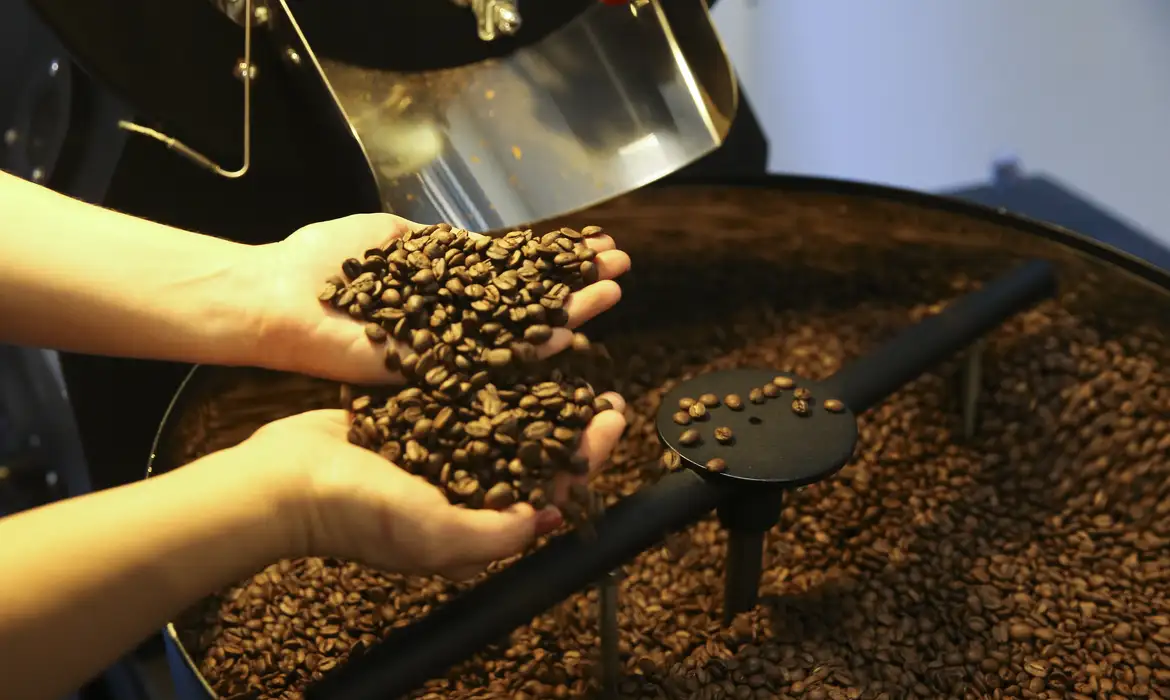MT fishing association reacts to the approval of a bill that prohibits commercial fishing for 5 years

Known as the “Zero Transport” law, the proposal prohibits the transport, storage and commercialization of fish from January 1, 2024. The president of the Association of the Fishing Segment of Mato Grosso Nilma Silva explains about the loss that the project causes to workers in the sector. “It will cause irreversible damage, both culturally and socially. In addition, we are talking about 60 thousand people who live directly from the river every day, and I am not even adding the fishing chain”, she enumerated.
Nilma explains that, directly or indirectly, fishing is present in virtually all cities in the state, as there are three basins in Mato Grosso – the Alto Paraguai basin, the Amazon basin and the Araguaia River basin.
A study conducted by Embrapa Pantanal, the National Water Agency and other institutions in the country monitored professional artisanal fishing throughout the Alto Paraguai Basin, in the states of Mato Grosso and Mato Grosso do Sul between 2016 and 2020. activity moves about R$ 70 million per year. The main fishing colonies in the state are those of Cuiabá, Barão de Melgaço, Várzea Grande and Cáceres
Contrary to the proposal, state deputy Wilson Santos (PSD-MT) points out that the project is not well grounded. “He is proposing the extinction of a professional category, which is the professional fisherman, he arrived at the assembly without any study, without any scientific study and without any technical study, no serious and reputable institution signs the project, endorses the project”, he explains he.
The government defends that the measure is important because of the reduction of fish stocks, which puts several native species of Mato Grosso at risk. Deputy Wilson Santos (PSD-MT) points out that the ideal is to combat other causes of the decrease in fish stocks, such as the construction of dams and hydroelectric plants, open sewage that ends up falling into rivers, deforestation, silting, the operation of dredgers during the piracema period, among others.
The “catch and release” modality, in which the fish remain in the environment, is still released by the bill. The president of the Mato Grosso Sport Fishing Federation, Marcelo Moreira, comments that the legislation preserves the biodiversity and the tourist potential of the “This law not only intends to contribute to the fight against predatory fishing, but also to reduce the negative impacts on the environment. And also the recognition and appreciation of these living species, and what it causes for the local economy”, he pondered. Moreira also says that the bill will require better planning by municipalities in regions that have sport fishing as a product.
By Brasil 61




